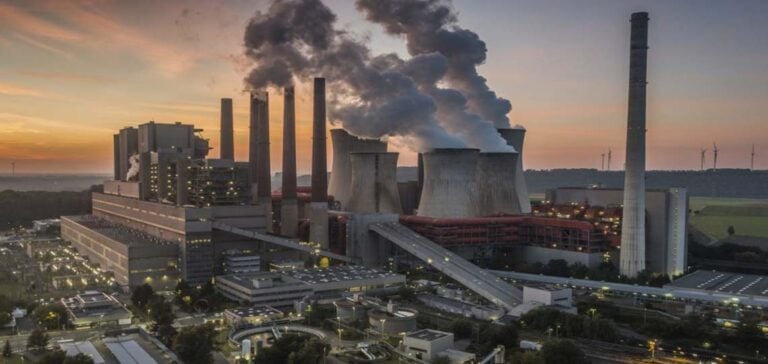The challenge of reducing energy consumption is growing in Europe. Indeed, the entire continent is committed to reducing its dependence on imported hydrocarbons. The challenges are manifold, from lower electricity and gas prices following the interruption of cheap Russian gas deliveries in 2022 to the need to meet the objectives of the European climate plan, which aims to reduce the EU’s greenhouse gas emissions by 55% by 2030 compared to 1990 levels. Here’s an overview of the measures taken in various European countries to achieve these objectives.
Germany
In September, the Bundestag passed an“energy policy” law requiring companies to draw up consumption reduction plans, with an annual energy savings target of 2%. Consumers are also the focus of a campaign to encourage energy sobriety.
Spain
Spain has imposed restrictions on air conditioning and heating in shops, offices, cinemas, theaters, railway stations and airports in summer 2022. These measures have been supplemented by a sobriety plan and incentives for SMEs to invest in energy-saving devices.
Estonia
Estonians are encouraged to unplug unused electrical appliances, renovate their homes and install solar panels to reduce their electricity consumption.
La France
France has recorded a drop in electricity consumption in 2022, largely due to energy efficiency measures.
The United Kingdom
The UK is aiming for a 15% reduction in energy consumption by 2030, with financial incentives to encourage energy sobriety.
Greece
Greece has noted a drop in electricity consumption in 2023. However, there are no specific measures to encourage further reductions in consumption this winter.
Poland
The Polish government has announced a measure offering discounts on energy bills for households that reduce their consumption.
Czech Republic
The Czech Republic saw a drop in electricity consumption in 2022, particularly among households.
Sweden
Sweden forecasts an increase in CO2 emissions, mainly due to lower fuel taxes. Electricity consumption fell in 2022 due to high prices.
These measures are designed to reduce energy consumption in European countries, thereby helping to achieve climate targets and mitigate the effects of the energy crisis.






















